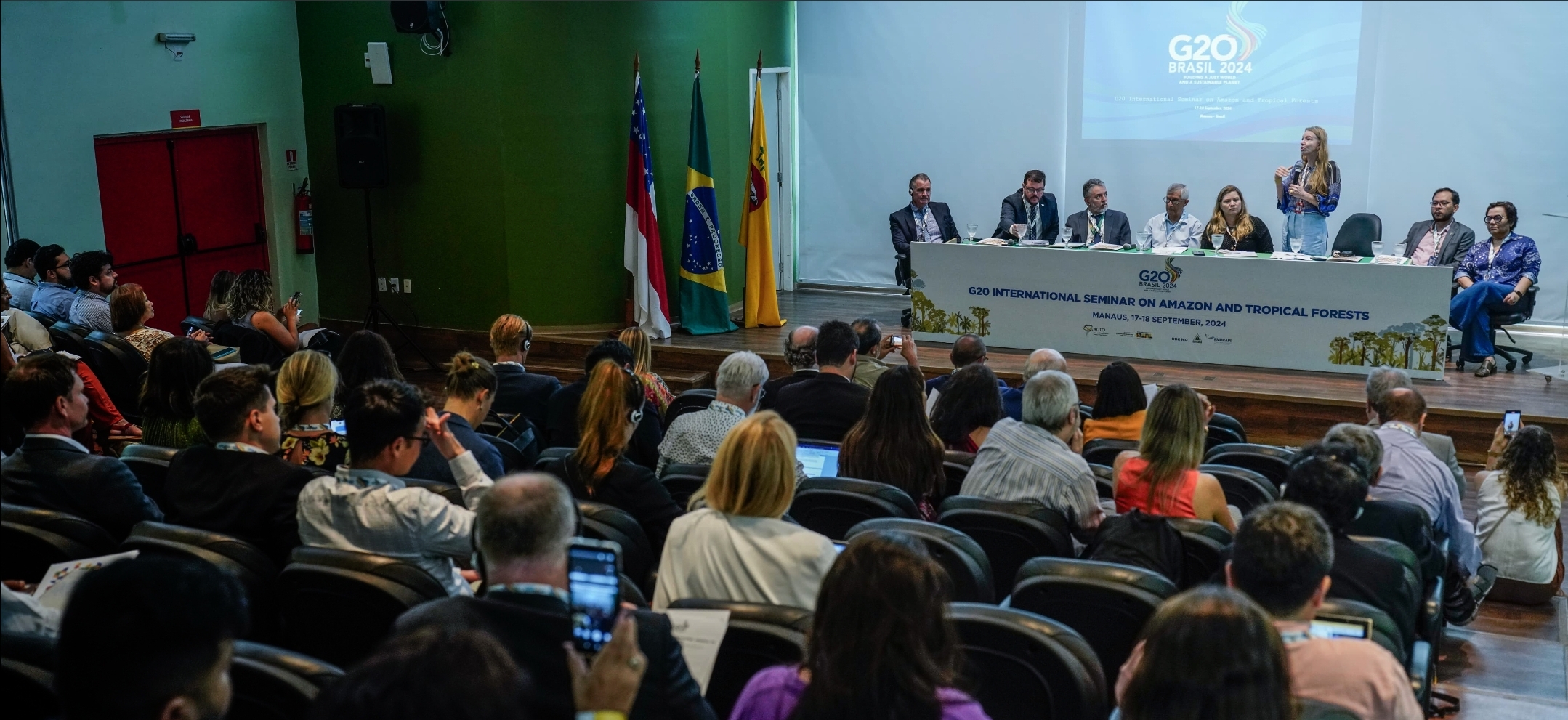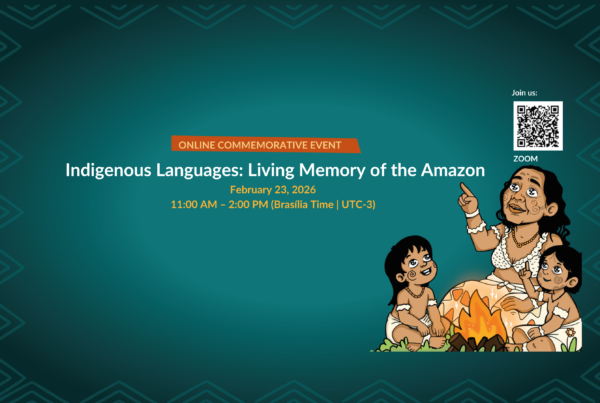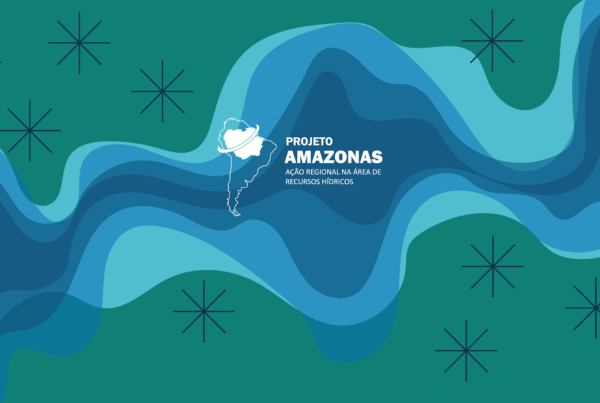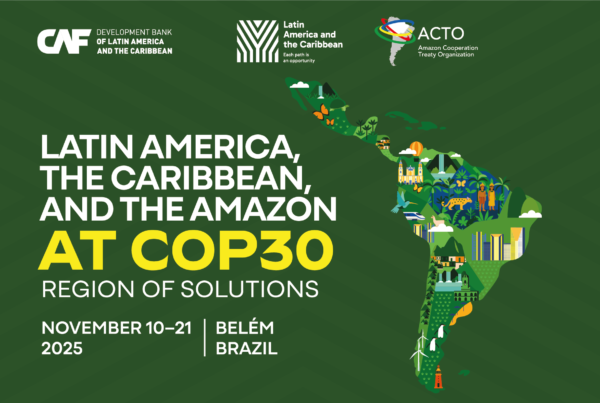The G20 International Seminar on the Amazon and Tropical Forests began this Tuesday (17th) in Manaus. The event brings together global authorities, scientists, and leaders of international organizations to discuss challenges and opportunities in the preservation and sustainable development of the world’s largest tropical rainforest. Representatives from ACTO member countries are participating in this seminar.
In her opening speech, ACTO’s Interim Secretary-General, Vanessa Grazziotin, reinforced the importance of integration among Amazon basin countries to tackle climate crises. “We are facing a global challenge that transcends borders. The preservation of the Amazon depends on coordinated efforts and concrete actions. We need to value scientific knowledge but also the traditional practices of communities that have protected this biome for centuries,” Grazziotin stated.
The ceremony was attended by high-level representatives, including Ezra Clark, Director of UNESCO’s Natural Sciences Sector. Clark highlighted the importance of the seminar for advancing research and innovation in the amazonian context. “The preservation of the Amazon is crucial not only for the region but for the entire planet, and international cooperation plays a fundamental role in seeking sustainable solutions,” he said.
Henrique Pereira, Director of the National Institute for Amazonian Research (Inpa), emphasized the essential role of science in promoting sustainable practices. “Inpa is proud to host this event, which marks a crucial point in our efforts to advance scientific knowledge and translate that knowledge into practical solutions for the Amazon. We need open and collaborative dialogue to ensure that scientific discoveries lead to effective preservation and sustainable development policies,” he declared.
Osvaldo Moraes, Director of the Department of Climate and Sustainability at the Ministry of Science, Technology, and Innovation (MCTI), highlighted the challenges posed by climate change and the urgency of technological solutions. “The Amazon is at the center of the global climate debate. We need to accelerate the adoption of technologies that help mitigate the effects of climate change while ensuring that the region’s economic development is inclusive and sustainable,” he commented. Moraes also stressed the importance of international cooperation to strengthen research infrastructure in the Amazon.
Organized by the MCTI, in partnership with ACTO, UNESCO, the Superintendence of the Manaus Free Trade Zone (Suframa), and the Brazilian Agency for Industrial Research and Innovation (Embrapii), the seminar is part of a series of events led by Brazil under its G20 presidency. The goal is to promote discussions on protecting the Amazon and other tropical forests, with a focus on scientific innovation, bioeconomy, and social inclusion.
Besides Vanessa Grazziotin, other authorities also participated in the opening ceremony, including representatives from Finep, Suframa, and Embrapii.
Key Panels Held on the First Day
Following the opening ceremony, the initial panels began to explore critical themes for the preservation and sustainable development of the Amazon.
Decarbonization and Climate Change: This panel, held right after the opening, focused on implementing policies and technologies to reduce greenhouse gas emissions. Discussions addressed strategies to promote the adaptation and resilience of ecosystems and local communities, low-carbon development models, innovative environmental management practices, and the integration of public policies with advanced technological solutions to tackle climate challenges in the Amazon. The panel featured experts from the Intergovernmental Panel on Climate Change (IPCC) and Embrapa.
Traditional Knowledge and Diversity in Science, Technology, and Innovation: Inclusion and Addressing Inequalities: Held in the afternoon of the first day, this panel highlighted the importance of traditional knowledge and diversity as fundamental pillars for promoting science, technology, and innovation in the Amazon. The debate focused on how the ancestral knowledge of indigenous and local communities can be effectively integrated into research and innovation efforts. Additionally, inequalities in access to and participation in science were discussed, proposing strategies to promote inclusion and equity, and fostering international collaboration for the development of sustainable solutions.
Biological Diversity, Conservation Units, and Biosphere Reserves: The last panel of the day addressed key issues related to biodiversity and the relevance of protected areas in the Amazon. Participants discussed strategies to promote collaboration in scientific research, conservation programs, data and technology exchange, as well as environmental management policies. The discussions also included the protection of natural areas, the sustainable management of resources, and the crucial role that protected areas play in preserving biodiversity and promoting sustainable practices. Biosphere reserves and natural heritage sites were highlighted as buffer zones and laboratories for scientific experimentation.
The seminar, which continues until Wednesday (18th), will keep addressing strategic topics such as climate change, decarbonization, traditional knowledge, and bioeconomy.



